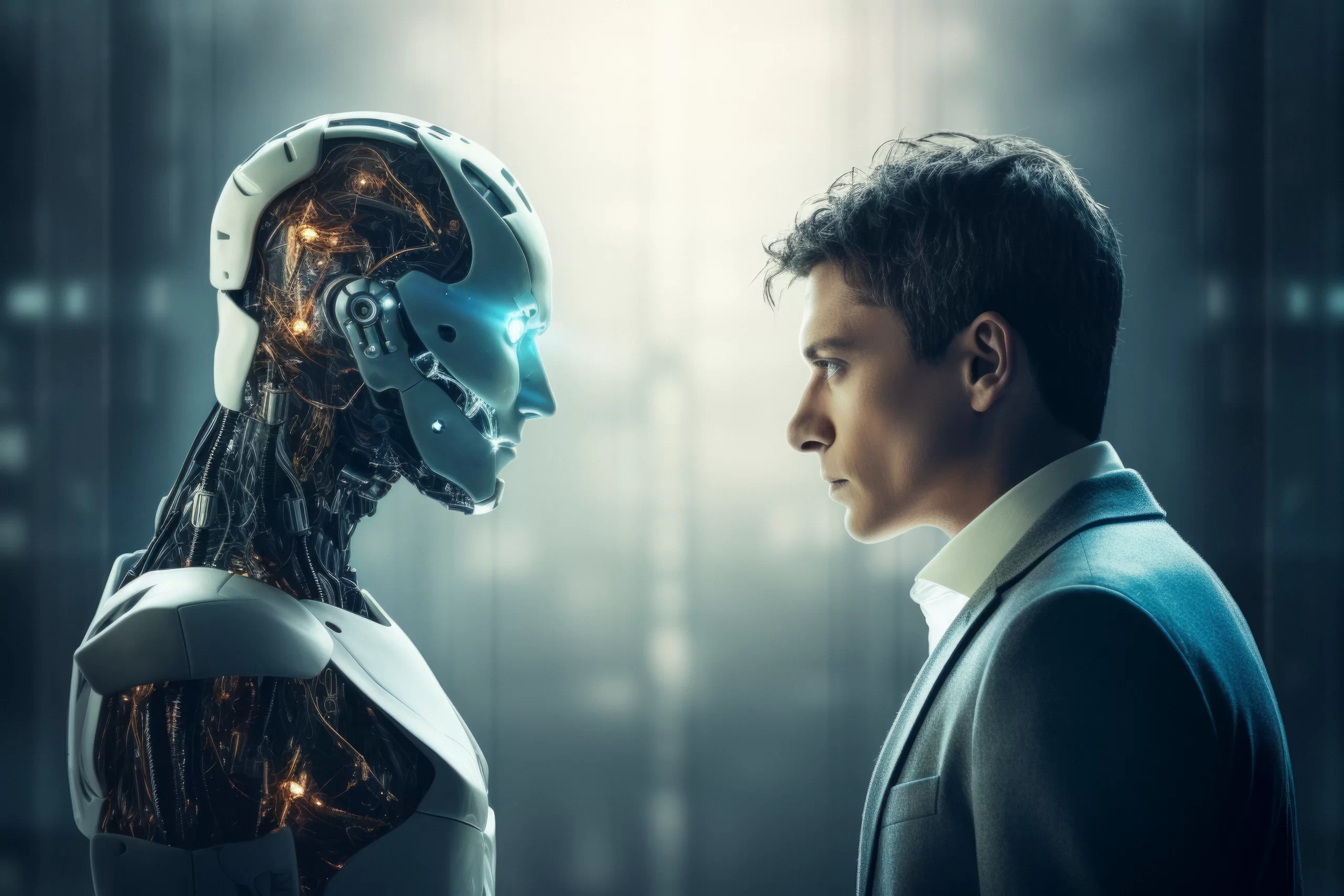By Jean Christian IHIRWE
As the world accelerates toward the widespread adoption of Artificial Intelligence (AI), a quiet resistance is growing among those who pride themselves on relying solely on “natural intelligence.” To them, embracing AI feels like surrendering to a machine — an act of weakness, a betrayal of human creativity. But is refusing to use AI truly a sign of superior intellect, or is it a symptom of fear — the fear of continuous learning and innovation?
The Pride of Staying ‘Pure’
In academic circles, media houses, and creative industries, some individuals boast that their research, writing, or projects are “100% human.” They see this as a badge of honor — a declaration that their minds are untainted by algorithms.
Yet in a rapidly evolving world, that stance may no longer represent intellectual strength but a form of deliberate stagnation.
Dr. Jean Bosco Mugenzi, a lecturer at the University of Rwanda specializing in technology and culture, says that rejecting AI out of pride is “the new ignorance.”
“When the world is moving forward and someone decides to stand still, insisting they don’t use technology, that person is choosing irrelevance,” he explains. Dr. Mugenzi distinguishes between mindless acceptance of AI and fear-based rejection of it. True intelligence, he argues, lies in exploration, critical evaluation, and adaptation — not in claiming moral superiority for refusing to evolve.
AI as a Partner, Not a Replacement
Globally, journalists, writers, and researchers are learning that using AI responsibly doesn’t mean surrendering human creativity. Rather, it’s about having a fast, tireless collaborator who can help refine ideas, organize thoughts, and improve quality and presentation.
Clarisse Uwase, a Rwandan international journalist based in Nairobi, agrees:
“I use AI to draft speeches, edit audio, and find sources. But I never rely on it the way you would on a ghostwriter — I see it as a walking stick that helps me move faster,” she says. Her approach reflects a new generation of professionals who understand that AI is not a replacement for human intelligence, but an enhancement of it.
Ego or Insecurity?
Some of the loudest voices opposing AI come from individuals who fear being exposed. AI, with its analytical precision, can reveal gaps in knowledge and skill. For some, refusing to use it becomes a convenient shield — a way to protect their self-image as “geniuses” who don’t need help. But innovation has never rewarded pride. It rewards courage, curiosity, and the willingness to adapt. Those who cling to an outdated sense of intellectual purity risk becoming the analog thinkers in a digital age.
Refusing AI Is Not Preserving Values — It’s Denying Progress
In the 21st century, technological literacy has become a basic form of intelligence. Rejecting AI doesn’t preserve authenticity; it ignores reality.
Just as businesses that refused to go online were left behind, so too will professionals who reject AI for ideological reasons.
As tech entrepreneur Elon Musk once said, “AI is not the problem — ignorance of AI is.” Understanding and mastering AI is not about abandoning human wisdom but expanding it — using technology as a mirror that reflects, refines, and amplifies the best of who we are.
The Bottom Line
Being naturally intelligent is not a justification for avoiding AI. It’s an opportunity to use that intelligence to guide, shape, and humanize the technology transforming our world.
The real challenge is not whether AI will replace us — but whether we are willing to keep learning fast enough not to replace ourselves.





